
"Sli singing of the Nung Phan Slinh people" is a folk performing art form, distributed in the communes of Van Han, Hoa Binh , Minh Lap, Tan Long (old Dong Hy district). Illustration photo: Thu Hang
Sli singing is called in the Nung language as Va sli or Pay and sli, some people call it Di ban or Vi singing. Sli are poems, rhymes of different lengths, often expressed in the seven-word eight-line or seven-word quatrain form, the art and structure often follow 3 styles: phu (description, presentation, narration); ti (comparison); hung (inspiration, using objects to arouse emotions).
Sli was formed in the life of labor, the struggle to transform nature, transform society to reflect truthfully and vividly the life of labor, production, and daily activities of the Nung people, expressing the thoughts, feelings, and aspirations of people, praising love, couples, the beauty of nature, homeland, and villages. Sli is sung by the Nung people during festivals, fairs, weddings, housewarmings, or when the village has guests or visits other villages...
Sli has become an indispensable part of the life of the Nung people. The Nung people have a saying “long sick nights, short sli nights” to indicate the existence of sli in their lives. Up to now, no documents have been found to record the time of birth of sli. It is only known that sli is protected and naturally passed down by the Nung people in Dong Hy in the community as a need in daily life.

Ritual to invite the gods to attend the Harvest Festival of the Dao Lo Gang people, Thai Nguyen . Photo: Dinh Hung
"The Harvest Festival of the Dao Lo Gang" is a type of traditional festival, social custom and unique belief of the Dao people in the communes of Phuong Giao, Phu Thuong, Than Sa, Vu Chan (old Vo Nhai district).
This is one of the unique rituals that has been passed down for many generations in the Dao community. It is an integration of the typical cultural and artistic values of the Dao Lo Gang, typically visual arts, performing arts, and a ceremonial space imbued with spirituality.
The festival is a social custom, reflecting polytheism, respect for gods, an agricultural ritual with the purpose of thanking heaven and earth, the gods for favorable weather, good crops, bountiful harvests, thriving livestock, and a prosperous village.
Not only a belief, the Harvest Festival is also an opportunity for the Dao community to express solidarity, preserve cultural identity and pray for a better life.
To date, Thai Nguyen province has 25 intangible cultural heritages listed by the Ministry of Culture, Sports and Tourism as National Intangible Cultural Heritage. Among them, along with other localities, Thai Nguyen province is honored to own the heritage "Then practice of the Tay, Nung, Thai people in Vietnam" which has been recognized by UNESCO as a representative intangible cultural heritage of humanity.
Source: https://baovanhoa.vn/dan-toc-ton-giao/thai-nguyen-co-them-2-di-san-van-hoa-phi-vat-the-quoc-gia-154982.html


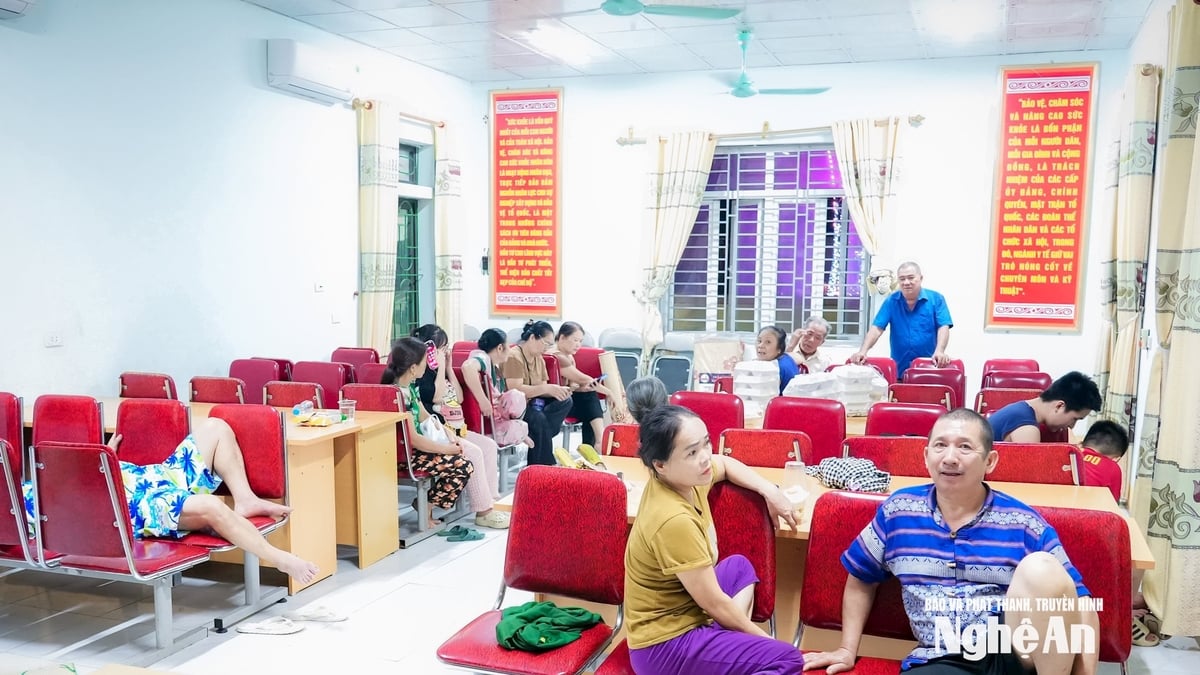
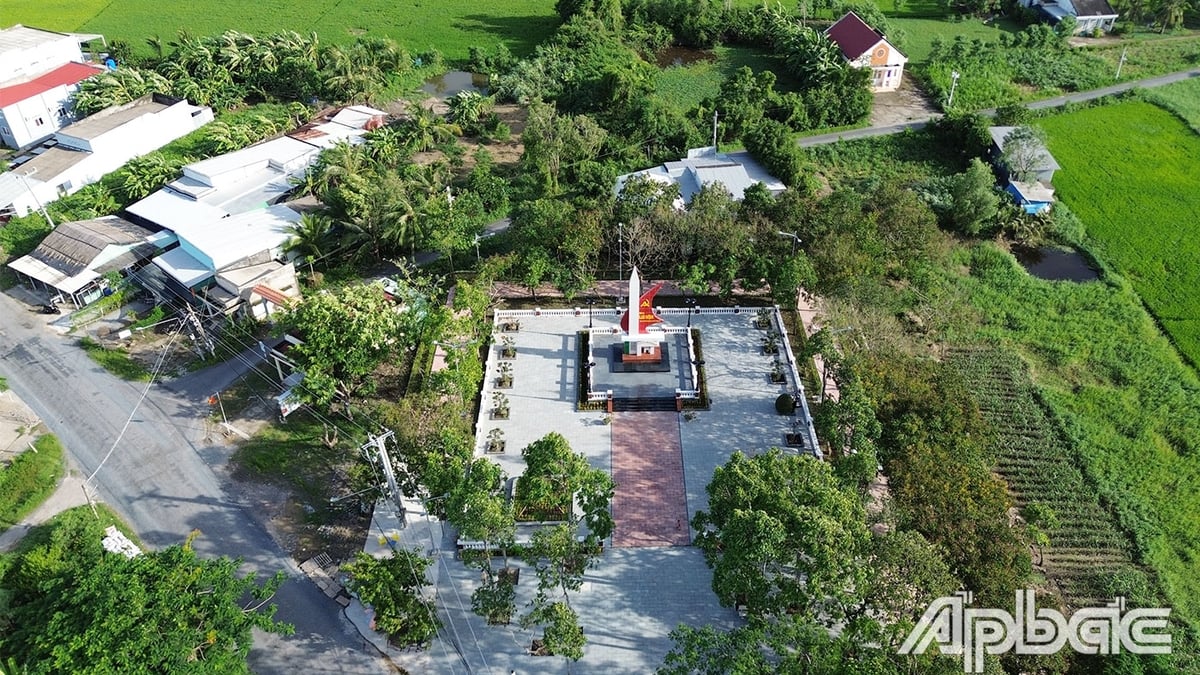

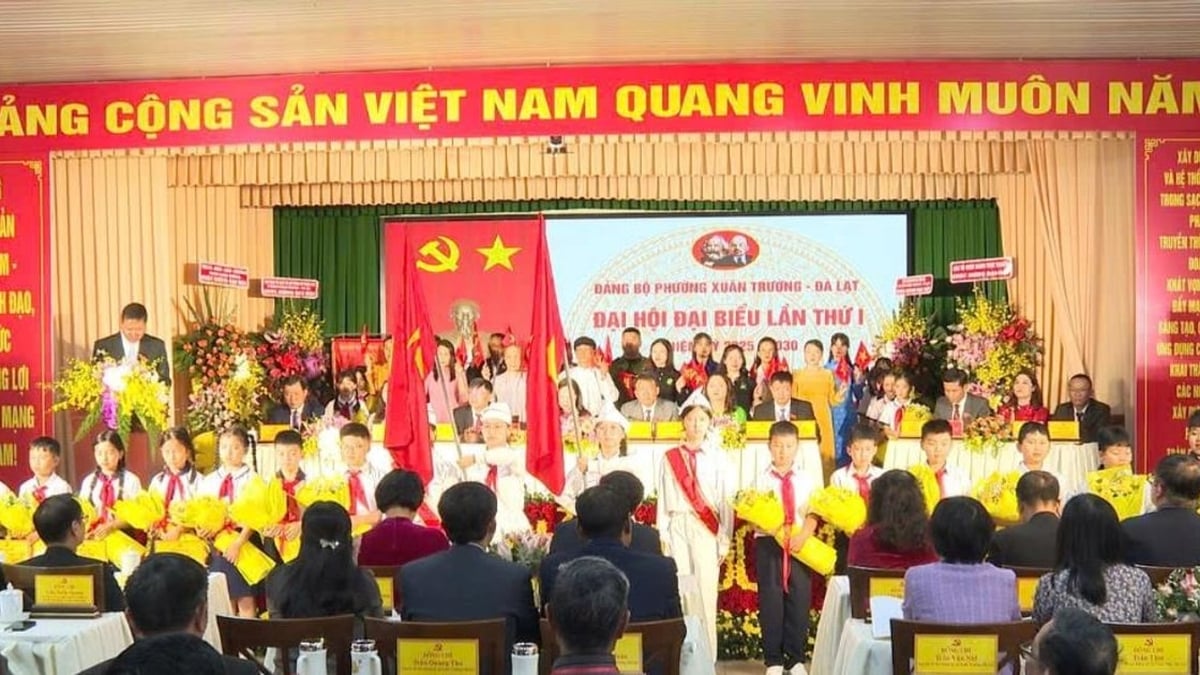
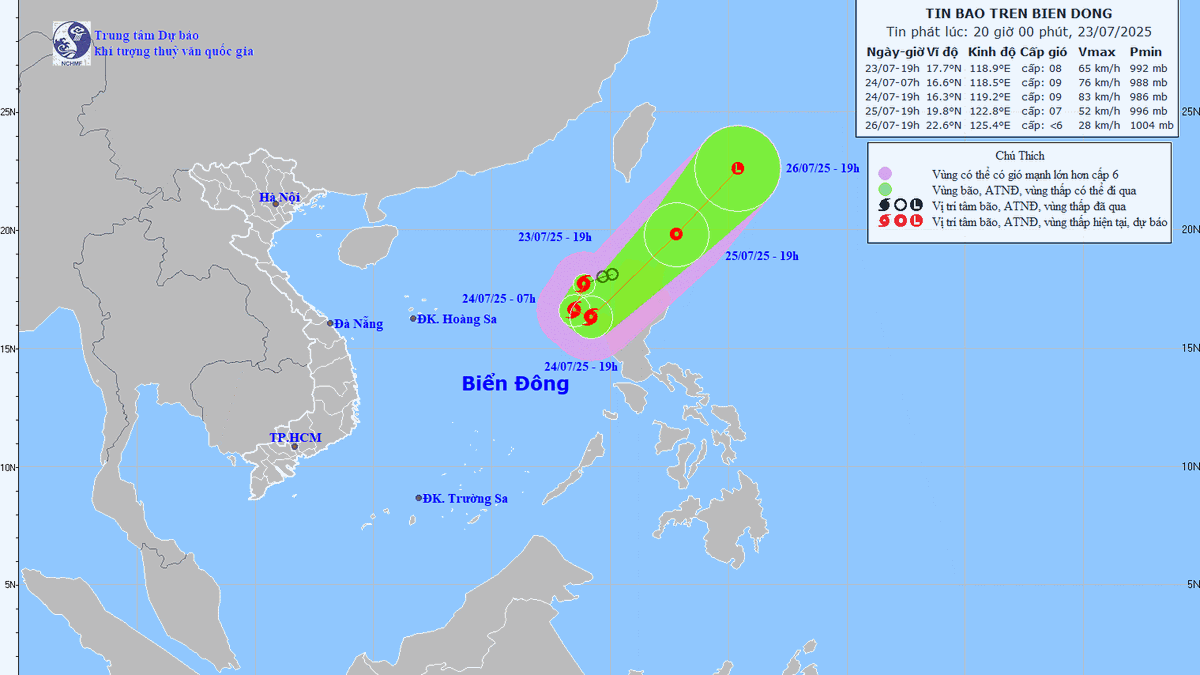
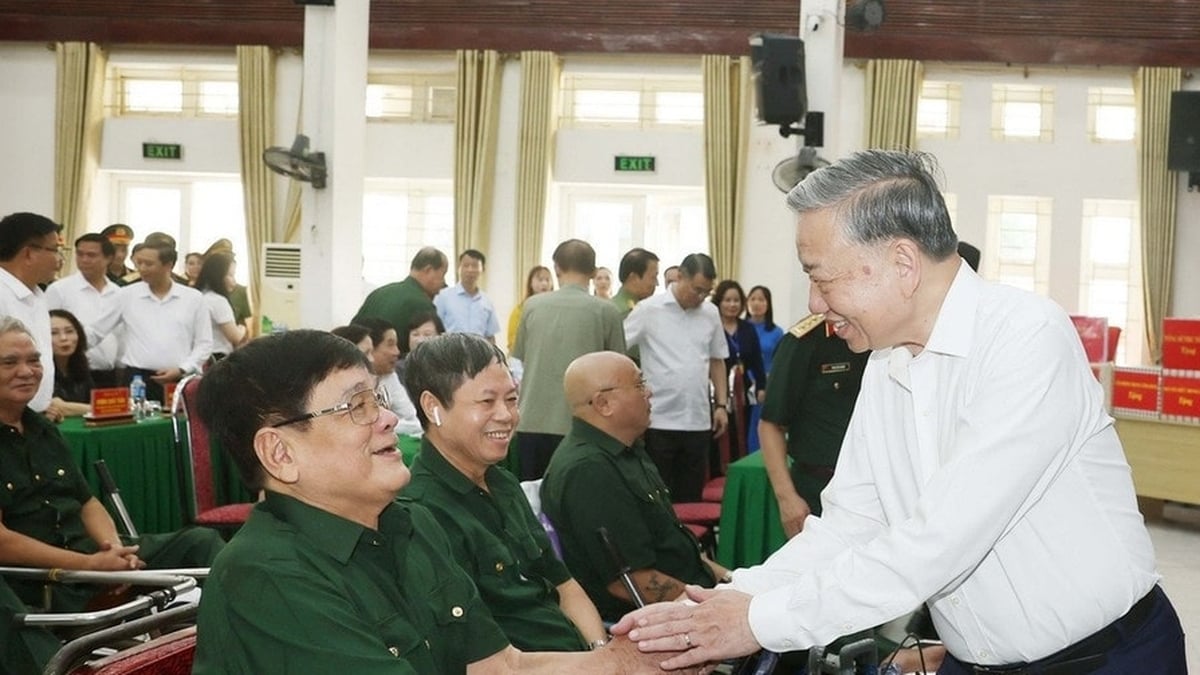


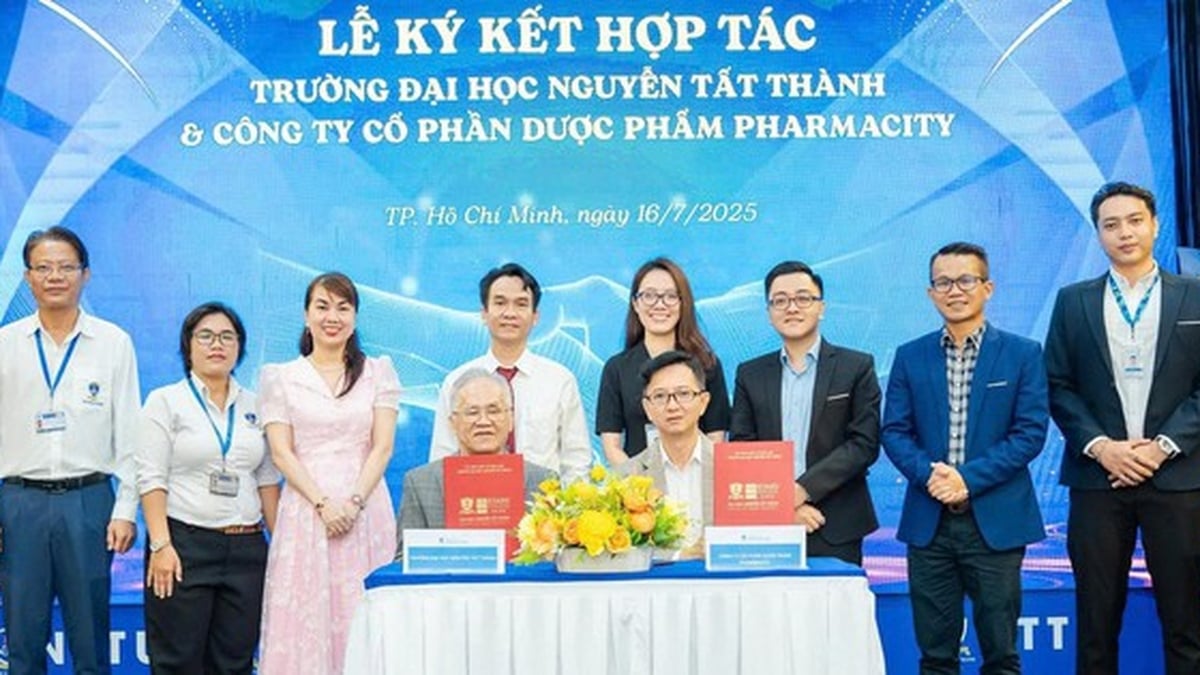
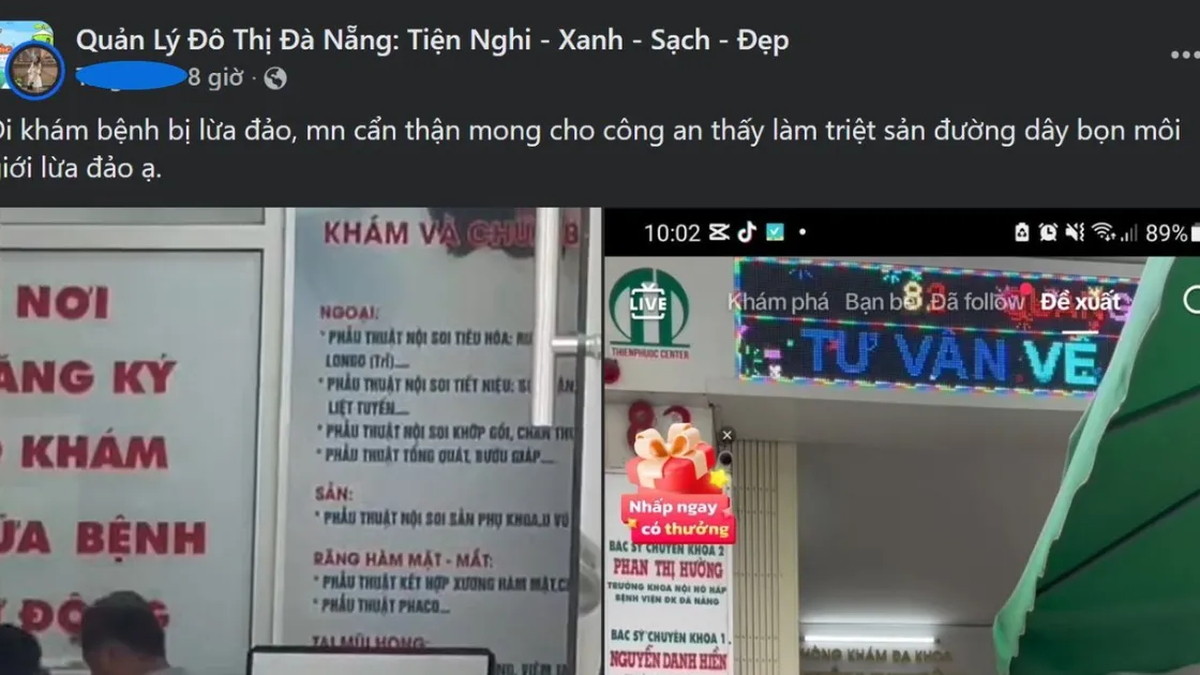



















![[Infographic] Vietnam-Senegal traditional friendship](https://vphoto.vietnam.vn/thumb/1200x675/vietnam/resource/IMAGE/2025/7/23/4c96a604979345adb452af1d439d457b)
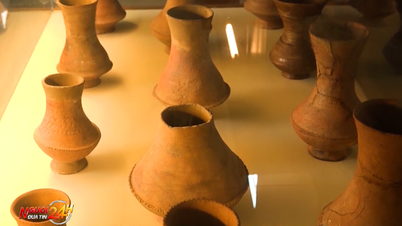


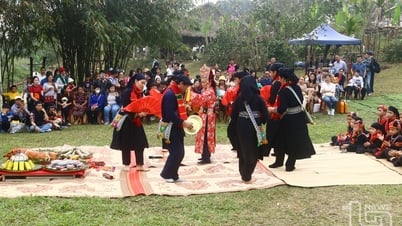
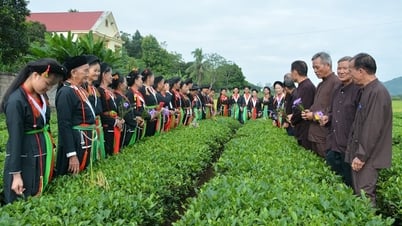

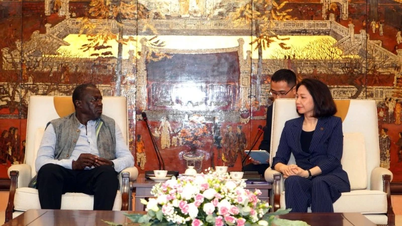




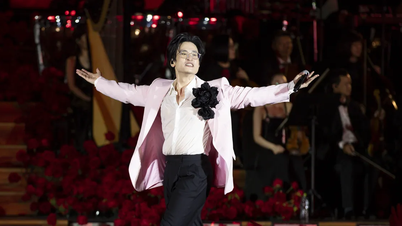



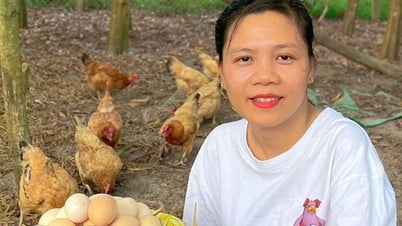


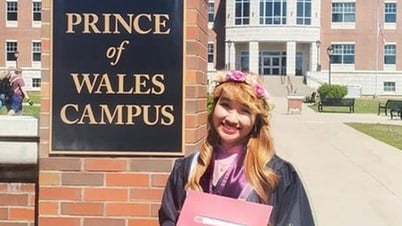


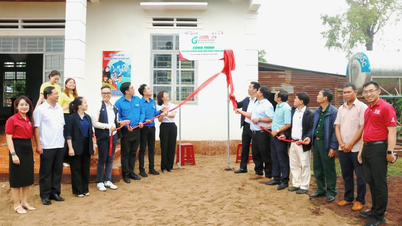

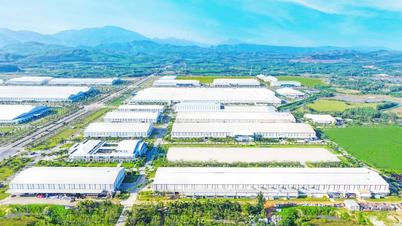


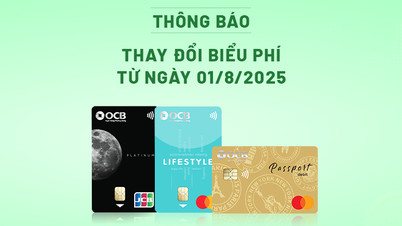

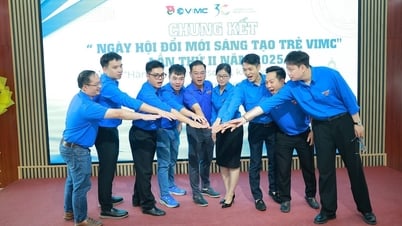
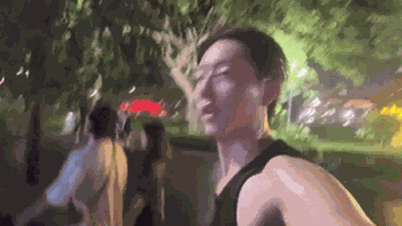



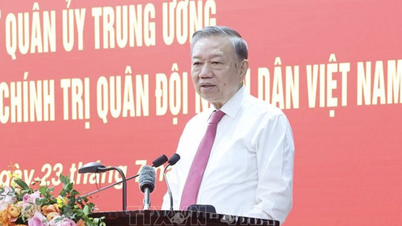





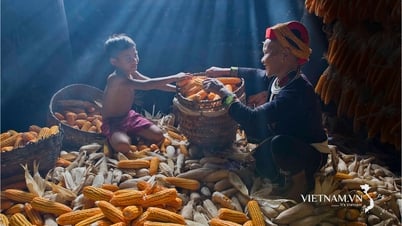
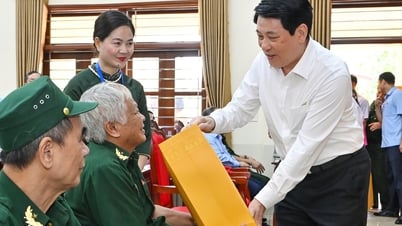

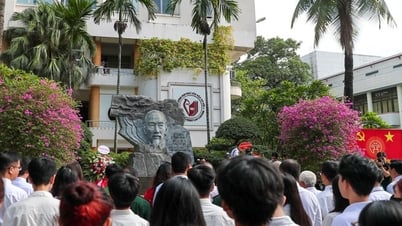


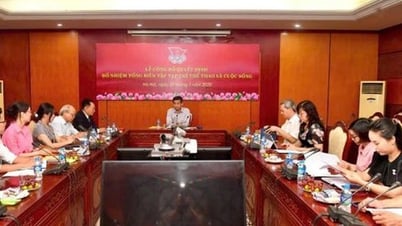
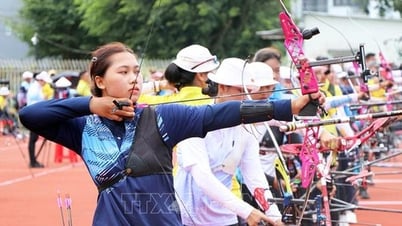
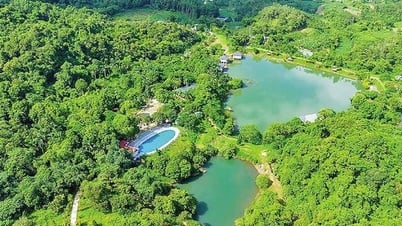







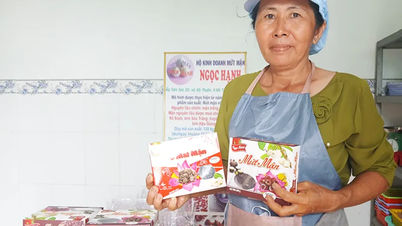

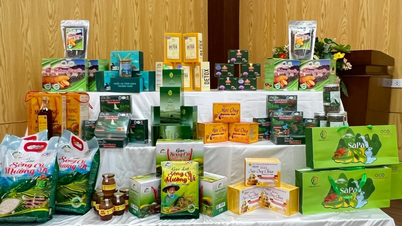












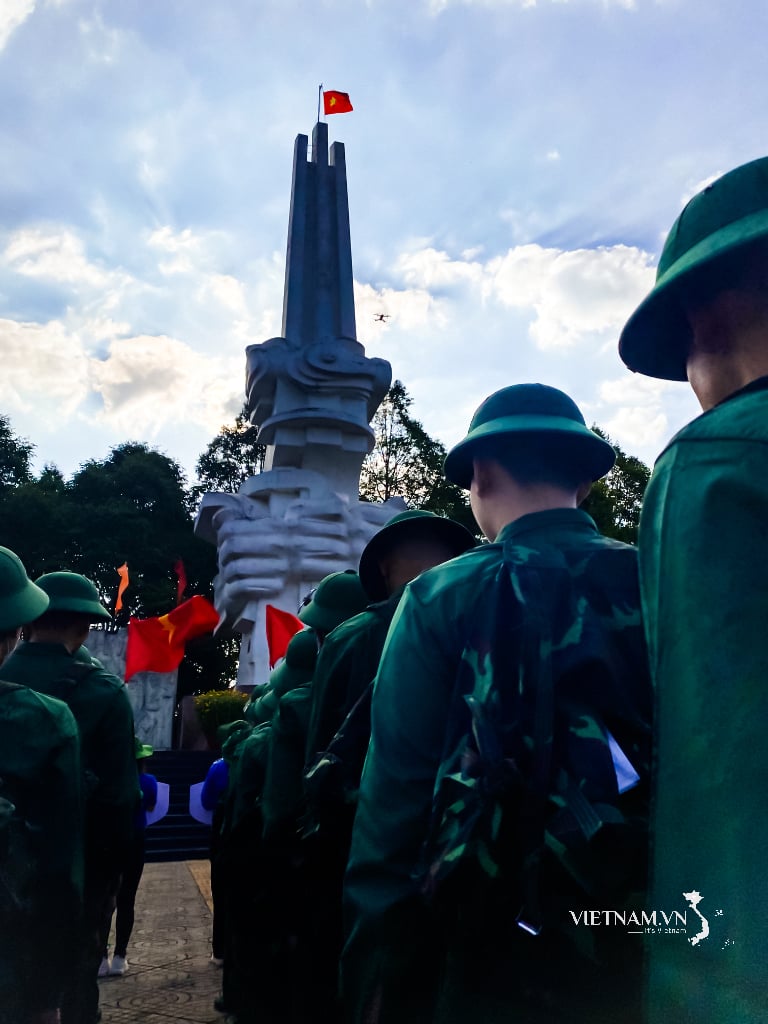
Comment (0)